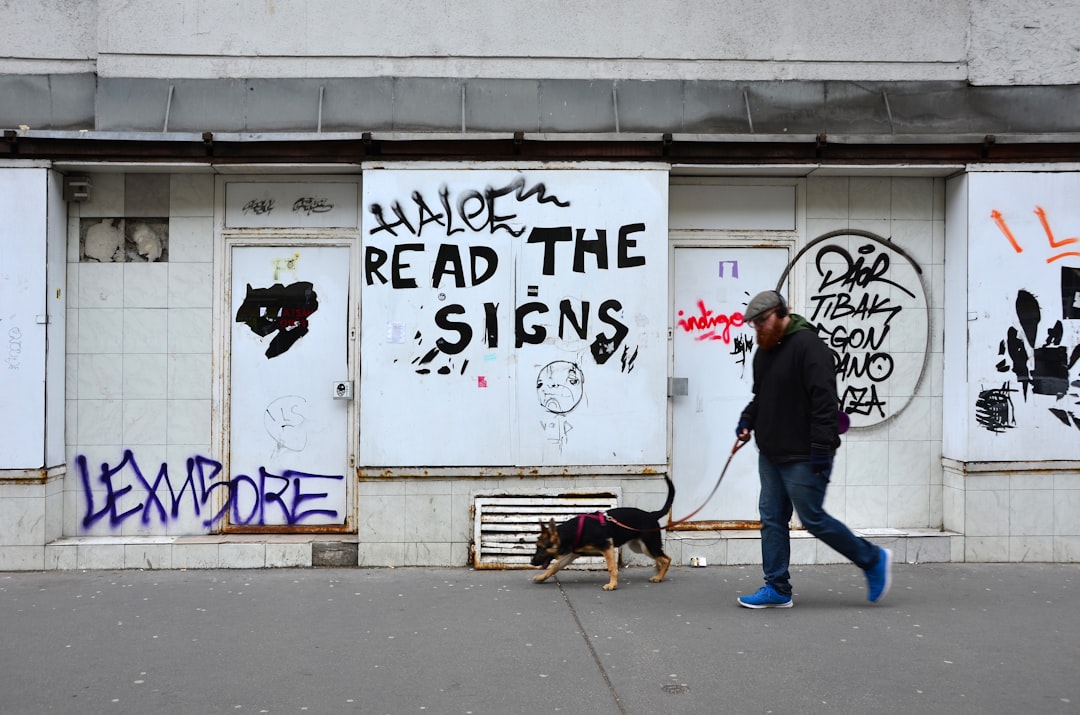What is it about?
This study showed how students’ demographics, personality, and metacognitive and critical thinking skills predict their ability to dispel common psychological misconceptions which are false beliefs about the mind and behavior. We found that Black/African American students, Hispanic/Latinx students, and students from other ethnic minority groups believed in more psychological misconceptions than White students. In terms of personality, a variety of traits predicted students’ beliefs in misconceptions. Also, students’ responses of “don’t know” on misconceptions tests may indicate stronger metacognitive and critical thinking skills. We found that as students’ year level of college when they took introductory psychology increased, students responded “don’t know” more and believed in misconceptions less.
Featured Image

Photo by Artem Maltsev on Unsplash
Why is it important?
A majority of introductory psychology students believe in many common psychological misconceptions. This may impact students’ learning and life decisions. Also, our finding that students’ ethnicities predict their beliefs in psychological misconceptions indicates that introductory psychology instructors should use more equitable and inclusive classroom activities. Such activities should help address the diversity and inequity in students’ misconception beliefs.
Read the Original
This page is a summary of: Priming metacognition and critical thinking to dispel psychological misconceptions., Scholarship of Teaching and Learning in Psychology, May 2023, American Psychological Association (APA),
DOI: 10.1037/stl0000361.
You can read the full text:
Contributors
The following have contributed to this page










